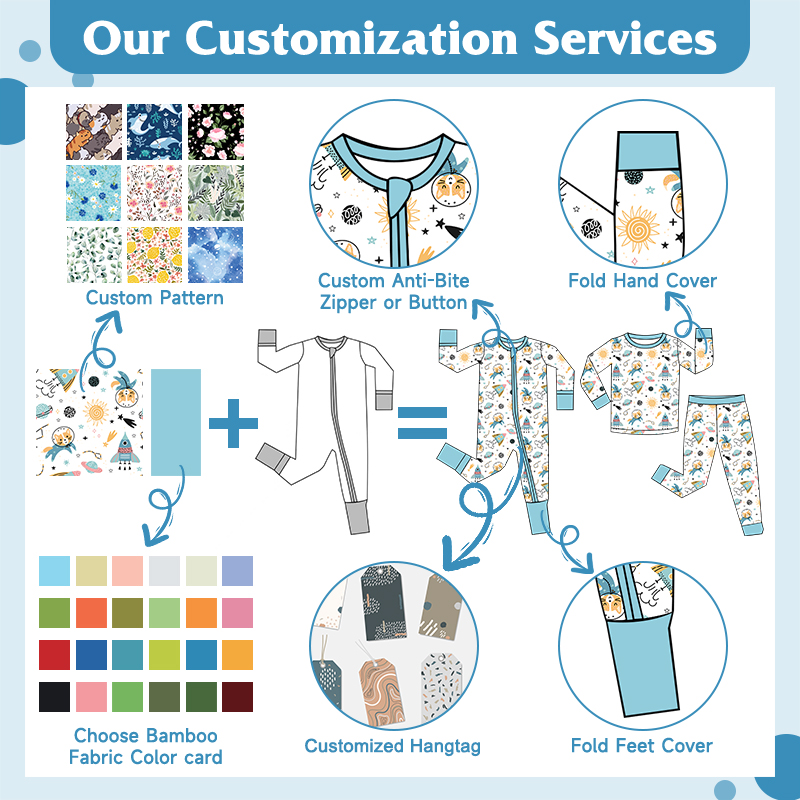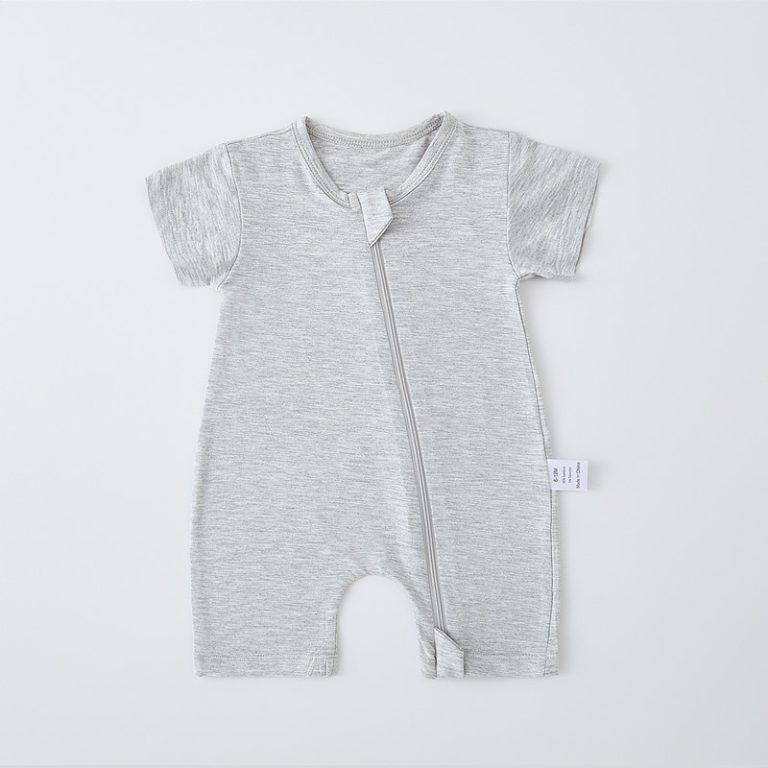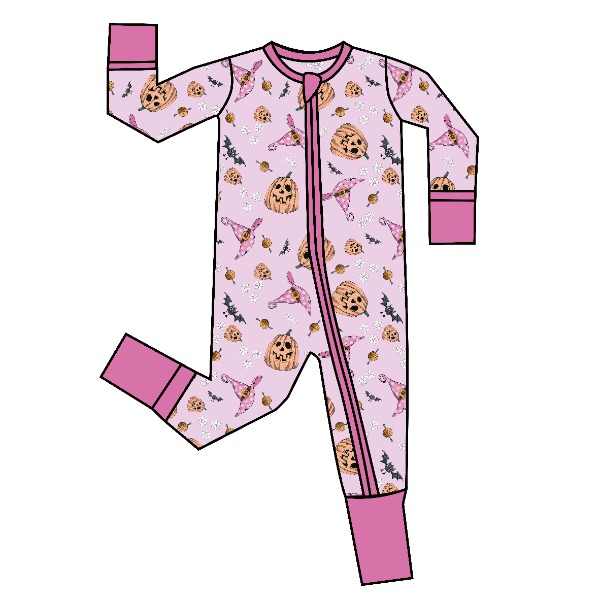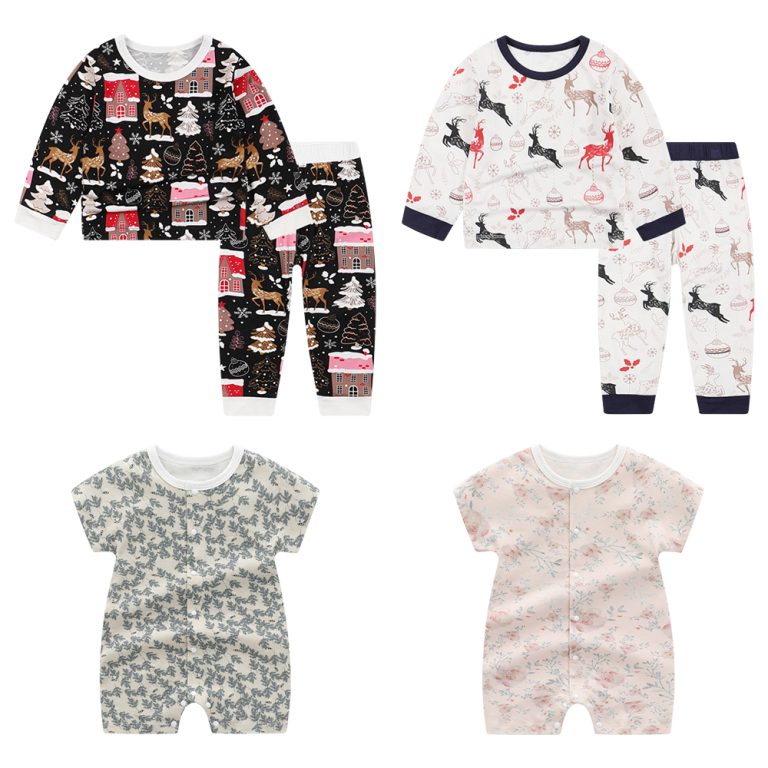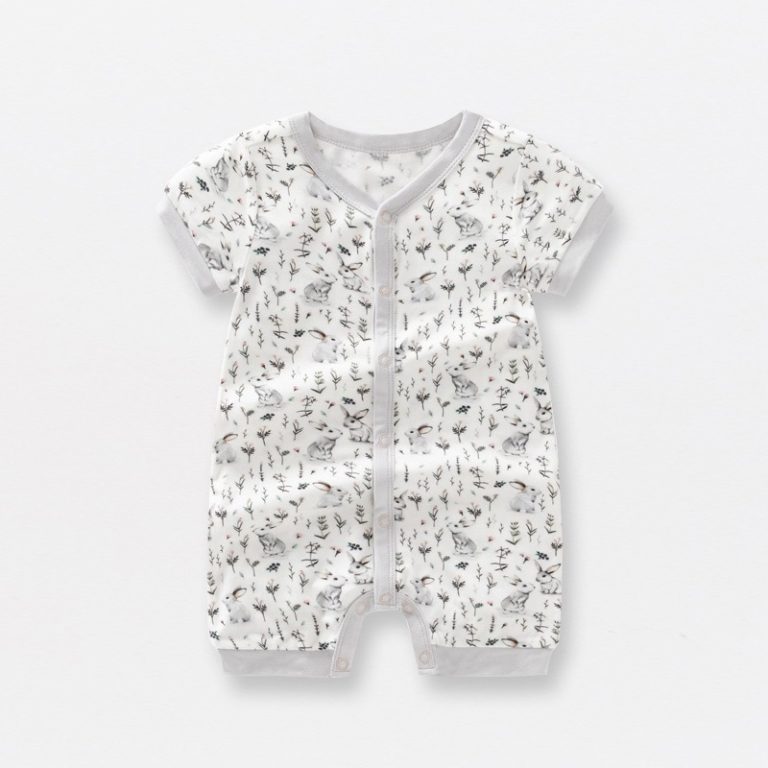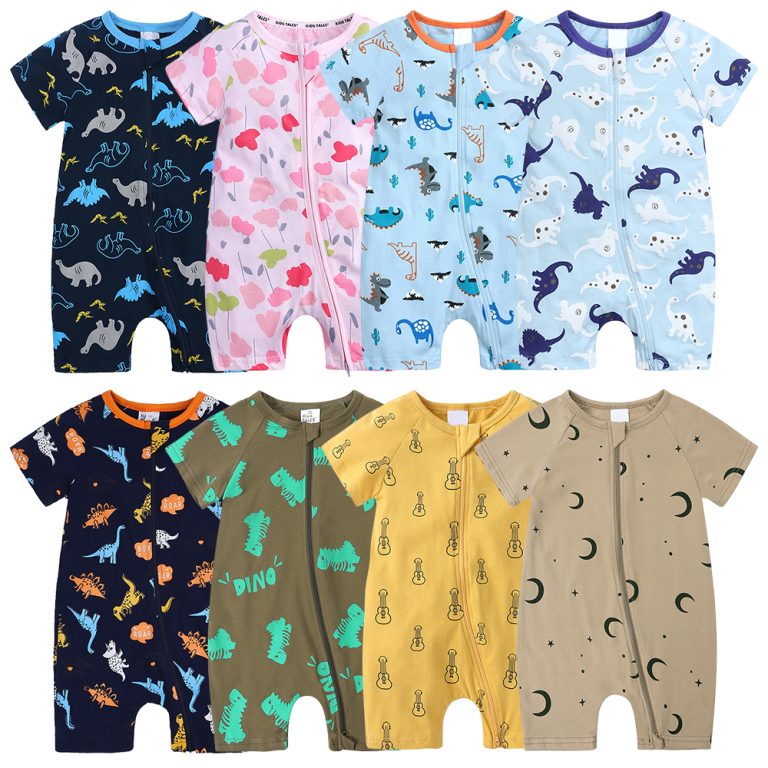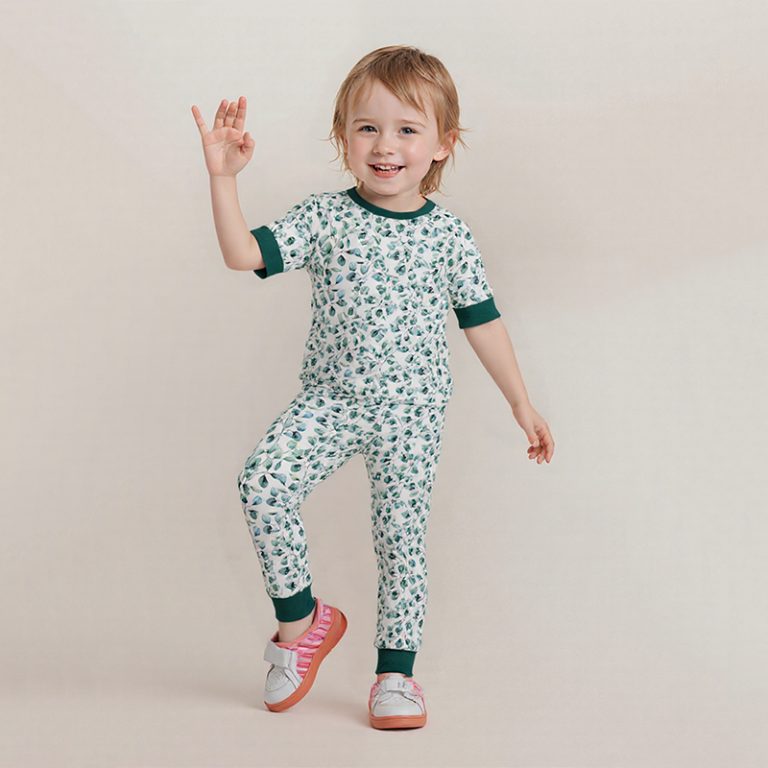lounge wear ISO14001 Environmental Management System High-Quality-Low-Cost Chinese Suppliers
# Lounge Wear ISO14001 Environmental Management System High-Quality-Low-Cost Chinese Suppliers
In today’s increasingly environmentally conscious world, industries across the globe are striving to reduce their carbon footprint while maintaining or improving the quality of their products. This has given rise to the integration of the ISO14001 Environmental Management System standard in various sectors, including the textile industry. With a particular focus on loungewear, Chinese suppliers are stepping up to deliver high-quality, low-cost products that are environmentally sustainable. This article delves into the aspects of fiber selection, certifications, factory operations, and seasonal use of loungewear, highlighting how Chinese manufacturers are setting benchmarks in eco-friendly practices.
Sustainable Fiber Selection
The heart of any loungewear product is its fabric, and the choice of fibers plays a crucial role in sustainability. Chinese manufacturers are increasingly opting for eco-friendly fibers that not only enhance the quality of loungewear but also minimize environmental impact. Organic cotton, bamboo, and Tencel are some of the popular choices. These fibers are cultivated using methods that reduce water consumption, pesticide use, and greenhouse gas emissions.
Organic cotton is favored for its softness and breathability, making it ideal for comfortable loungewear. Bamboo, on the other hand, is renowned for its rapid growth and minimal water requirements, making it an environmentally sustainable option. Tencel, a cellulose fiber derived from wood pulp, offers a silky-smooth texture and excellent moisture-wicking properties, combining luxury with eco-friendliness.
Certifications and Standards
To assure buyers of their commitment to sustainability, many Chinese loungewear suppliers are obtaining ISO14001 certification. This certification is a testament to a company’s dedication to environmental management and signifies that the organization follows internationally recognized practices to reduce its impact on the earth. The implementation of ISO14001 involves planning, executing, and continuously improving processes that aim to lessen waste, reduce energy consumption, and enhance resource efficiency.
In addition to ISO14001, suppliers may also seek certifications such as OEKO-TEX Standard 100, which ensures that textiles are free from harmful substances, and the Global Organic Textile Standard (GOTS), which certifies that the products meet organic requirements throughout production and manufacturing.
Factory Operations and Efficiency
Chinese suppliers of loungewear are also optimizing their factory operations to align with sustainability goals. The integration of advanced technologies in manufacturing processes enables these suppliers to achieve higher productivity while reducing energy consumption and waste. Automation, smart machinery, and computer-aided design systems contribute to precision in cutting and stitching, reducing fabric waste and improving the overall efficiency of production lines.
Energy management is another key area of focus. Factories are increasingly using renewable energy sources such as solar and wind power to meet their electricity needs. Water recycling systems are implemented to reduce water usage, particularly important in fabric dyeing and washing processes. Waste management strategies, including the recycling of off-cuts and the implementation of closed-loop systems, are also prevalent.

No pilling
Seasonal Use and Adaptability

5,000 cycles
One of the unique selling points of loungewear is its versatility across different seasons. Chinese suppliers cater to this demand by offering products that are adaptable to various weather conditions while maintaining their eco-friendly status. Lightweight and breathable fibers like bamboo and cotton are perfect for warmer months, providing comfort without causing overheating. For colder seasons, blends of organic cotton with Tencel or other sustainable fibers offer additional warmth and coziness.
The adaptability of loungewear is not solely dependent on fabric choice but also on design aspects. Chinese designers are focusing on creating multi-seasonal collections that emphasize layering, allowing consumers to adjust their outfits easily to varying temperatures. This not only enhances the functionality of the loungewear but also promotes sustainability by encouraging consumers to purchase fewer items that can be used throughout the year.
In conclusion, the integration of the ISO14001 Environmental Management System by Chinese loungewear suppliers is paving the way for a sustainable future in the textile industry. Through careful selection of eco-friendly fibers, obtaining essential certifications, optimizing factory operations, and designing versatile loungewear for all seasons, these suppliers are demonstrating a profound commitment to environmental responsibility. As they continue to refine these practices, consumers can enjoy high-quality, low-cost loungewear that’s as kind to the earth as it is to the wearers.

